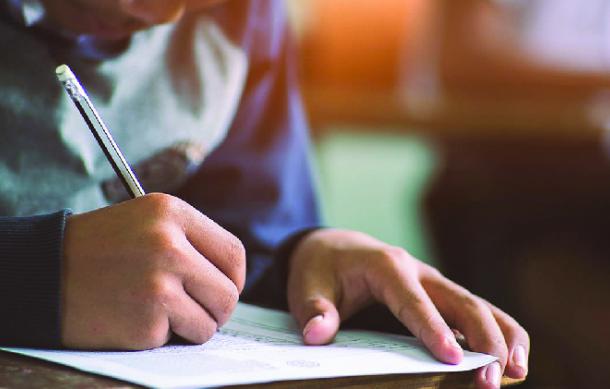
The number of school-leavers who qualify for admission at institutions of higher learning has increased by 3.2%.
The Minister of Education, Arts, and Culture, Anna Nghipondoka, announced the Namibia Senior Secondary Certificate Ordinary (NSSCO) and Advanced Subsidiary Levels (NSSCAS) results this morning.
The 3.2% is a notable improvement after the poor 2022 results.
At the NSSCO full-time level, 29.4%, comprising 11,970 candidates, have secured 25 points or above in five subjects, resulting in a 14.1% improvement from 2022.
On the same level, 48.8% of candidates, comprising 19,854 candidates, achieved 20 points or above, opening doors for degree and diploma courses at higher learning institutions, a 3.2% increase from the previous year.
NSSCAS candidates, both full-time and part-time, have demonstrated eligibility for higher learning institutions, considering their results over the past two years, said Ngipondoka.
NSSCO part-time candidates showcase enhanced grades, enhancing their qualifications for various courses across higher learning institutions.
In total, 40,682 full-time candidates registered for national examinations at the ordinary level, 7% more than the 38,019 full-time candidates registered for 2022 at the same level.
Candidates were registered for their 2023 NSSCO-Level examinations at 381 full-time centres, compared to 363 full-time centres in 2022.
18 more ordinary-level full-time examination centres were registered for the 2023 academic year.
Nghipondonka says the year 2023 has presented many opportunities for the Ministry to carry out planned interventions to mitigate challenges experienced with the implementation of the revised curriculum and other factors that might have impacted negatively on teaching and learning.
As part of the ministry's efforts to improve school performance, all education directorates are requested to craft and implement Regional Education Performance Improvement Strategies, which started in 2023.
The minister says the implementation is ongoing, and the strategies will be reviewed and updated each year to ensure continuous improvement.
Nghipondoka says the Ministry of Education has been hard at work in 2023 to provide equitable education and, to such effect, has come up with interventions aimed at addressing specific challenges experienced at schools concerning teaching and learning.





